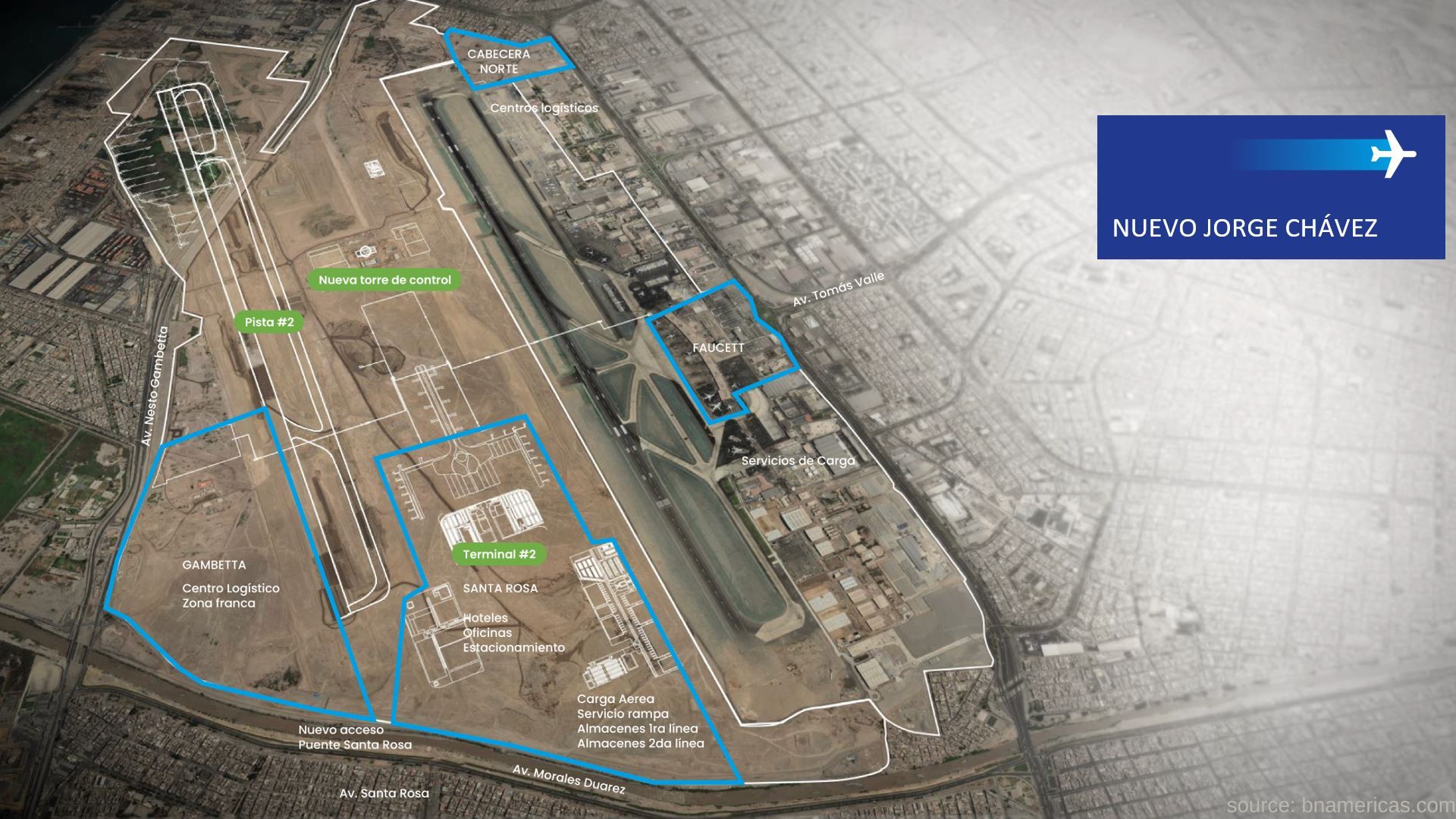In a defining moment for the aviation industry, the inaugural sustainable transatlantic flight, VS100, has broken ground in pursuing eco-friendly air travel. Departing from London’s Heathrow Airport on November 28, 2023, this historic journey marked the first-ever transatlantic flight powered entirely by sustainable aviation fuel (SAF). The flight, operated by Virgin Atlantic and bolstered by UK government support, has ignited celebration and scrutiny across various spheres.
A bold ambition lies at the heart of this groundbreaking flight: reducing net carbon emissions. Aviation, long criticized for its substantial environmental impact, faces a pivotal question: Could this pioneering flight hold the key to mitigating the industry’s environmental challenges?
Traditionally, airlines have experimented with blends of up to 50% alternative fuels, termed SAF, but the VS100 flight stands out, using fuel derived predominantly from grease and other waste products. Its mission? To showcase a tangible path towards significantly slashing net carbon emissions associated with commercial flights.
The significance of this feat hasn’t gone unnoticed. Mark Harper, UK Transport Secretary, who was on board the flight, emphasized its importance, envisioning a future where transportation undergoes a radical decarbonization, with a staggering 70% reduction in lifecycle emissions.
Chancellor Rishi Sunak echoed these sentiments, recognizing the flight as a pivotal stride toward greener air travel and the crucial decarbonization of our skies. Such sentiments underscore the UK government’s commitment to the ‘jet zero’ objective—a concerted effort to minimize carbon emissions linked to aviation.
Yet, alongside accolades, the journey towards sustainable aviation encounters substantial challenges. While Virgin Atlantic champions the safety and efficacy of SAF as a viable alternative to conventional kerosene, Sir Richard Branson, the airline’s founder, echoed a sentiment throughout history: ‘The world will always assume something cannot be done until you do it.’
Central to this initiative is using SAF, which airlines consider pivotal to curb net emissions. However, the current availability of such fuel remains relatively low compared to the global consumption of kerosene, posing a significant hurdle to widespread adoption.
Shai Weiss, CEO of Virgin Atlantic, stressed the imperative of radical collaboration while acknowledging the stark reality: the inadequacy of current SAF production. To achieve large-scale viability, substantial investments must be made.
Recognizing the pivotal role of sustainable aviation in the future landscape, the UK government has pledged ongoing support to the SAF industry. Efforts for job creation, economic growth, and the ambitious’ jet zero’ goal have been underscored. Plans to construct five SAF-dedicated plants by 2025 in the UK illustrate this commitment, despite the imported nature of the fuel used in the pioneering flight from the US and the EU.
However, amidst industry and government commendations, environmental advocates remain skeptical. Critics highlight misleading assertions, especially regarding the Department of Transport’s claim that SAF will render guilt-free flying a reality.
While the VS100 flight marks a crucial milestone in sustainable aviation, it also serves as a poignant reminder of the considerable challenges ahead. The road to widespread adoption of sustainable aviation fuel demands innovation and unprecedented collaboration and investment. As industry pioneers forge ahead, the balance between aspirations and realities will shape the future of eco-friendly aviation.
Sources: Virgin.com, The Guardian, Gov.uk, Stakeholders.com
Related Articles:



